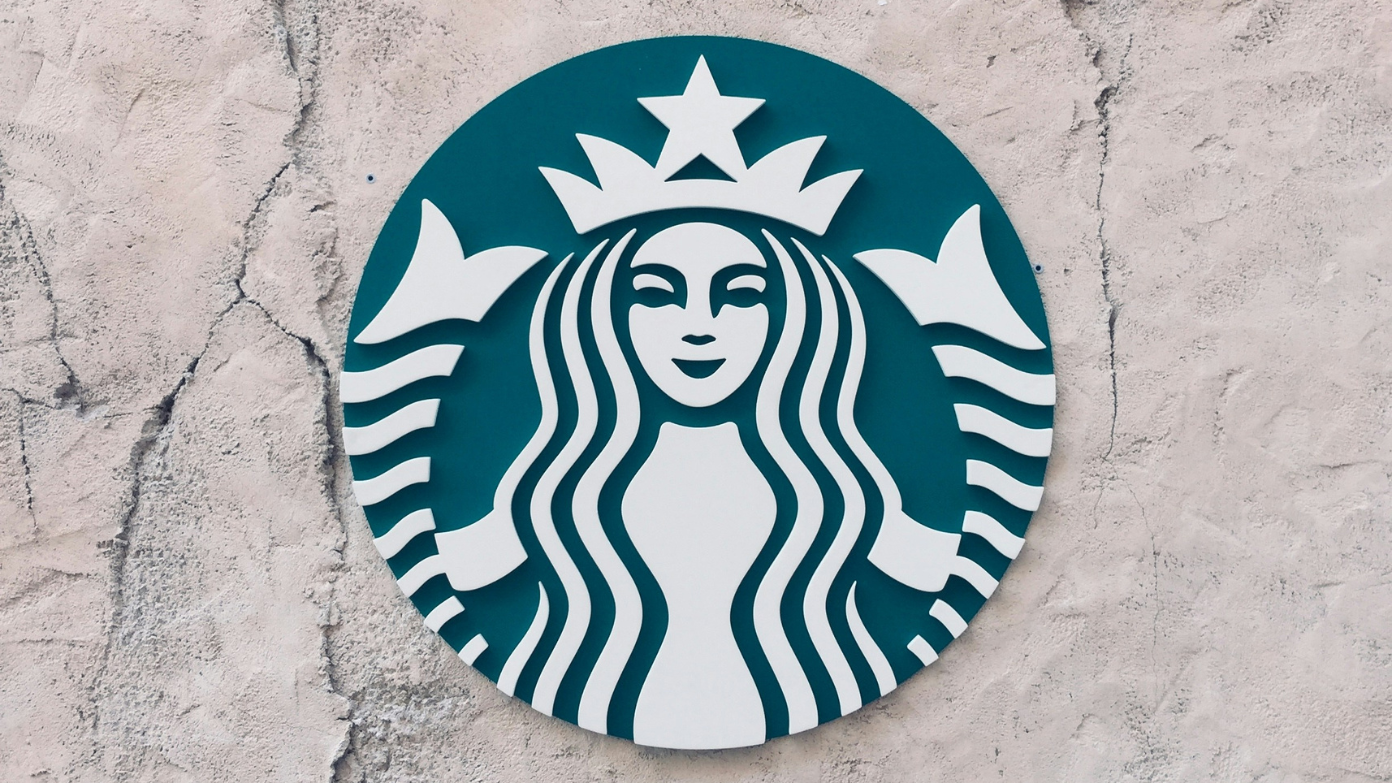Missouri Attorney General Andrew Bailey is suing Starbucks for discrimination claims, higher prices, and slower consumer service allegedly arising from the company’s Diversity, Equity, and Inclusion (DEI) initiatives. The lawsuit has generated much debate by pitting conservative legal points against Starbucks’ dedication to DEI.
The core of the lawsuit
The case focuses on the argument that Starbucks’ DEI policies violate anti-discrimination legislation by favoring a few groups based on race, gender, and ethnicity. Bailey contends that at the cost of some others, these rules result in preferential treatment for some customers and employees, thereby generating an unfair and unequal environment.
Particularly, the litigation challenges Starbucks’ supplier diversity initiatives as well as its hiring and promotion policies.
Ultimately affecting the level of service and the prices paid by consumers, Bailey argues that these programs unfairly exclude competent candidates and suppliers who fall short of the DEI requirements set by the company.
Claims of rising rates and delays in service
The suit contends that Starbucks’ DEI policies adversely affect the bottom line of the company, therefore causes slower service in stores and higher prices for consumers. According to Bailey, the emphasis on DEI draws attention away from main business operations, leading costs and inefficiencies. Her view is that the lawsuit contends that the focus on DEI courses and projects diverts staff from their main duties, thereby lengthening wait times and lowering customer satisfaction.
Furthermore, the case claims that seeking various vendors raises procurement costs, so demanding higher prices is then passed onto consumers.
Starbucks’ defense and dedication to DEI
The statements in the suit have been vigorously rejected by Starbucks, which claims that its business depends on its DEI policies being legal. The business contends that its belief in the importance of a varied staff and consumer base is at the core of its values and so drives their support of diversity and inclusion.
Starbucks contends that its DEI efforts were meant to make a warm and inclusive setting for all customers and staff members, irrespective of their race, sex, or ethnicity. The business maintains that it does not favor any group and that its rules conform with every relevant statute.
The broader context: DEI under criticism
The Starbucks lawsuit is one of many examples of growing skepticism and opposition of DEI projects, especially from conservative politicians and protesters. Critics of DEI contend that the initiative sometimes results in reverse discrimination and that it gives more weight on identification politics than on merit and credentials.
Citing worries of fairness and equal opportunity, many states have recently enacted legislation limiting or prohibiting DEI activities in public institutions. These initiatives show a rising resistance to DEI and a wish to go back to more conventional employment and promotion techniques.
Legal issues and political implications
The legal and political consequences of the Starbucks lawsuit are quite notable. Success could establish a model for contesting DEI rules in various other corporations and institutions. It might also inspire other state attorneys general to start related investigations and litigation.
Conversely, a win for Starbucks would solidify the legal underpinning for DEI programs and signal that businesses have a right to follow diversity and inclusion policies free of legal threat. The result of the case will probably weigh heavily on the direction of DEI in the United States going forward.
Public opinion and reactions
Supporters as well as opponents of DEI have had strong responses to the lawsuit against Starbucks. While liberals have denounced the lawsuit as an assault on diversity and inclusion, conservatives have lauded it as a required action to address reverse discrimination.
Public opinion on DEI is split; some people see them as divisive and unjust, while others see them as necessary for achieving equality. The suit against Starbucks is probably going to worsen attitudes on this question and stoke the continuing discussion about the place of diversity and inclusion in American society.
Read more: This is the attack of the pharmaceutical industry companies against the Hims & Hers ad in the Super Bowl – It promotes a slimming…
Read more: RFK Jr. likely confirmed as Trump Health Secretary despite Republican reservations
